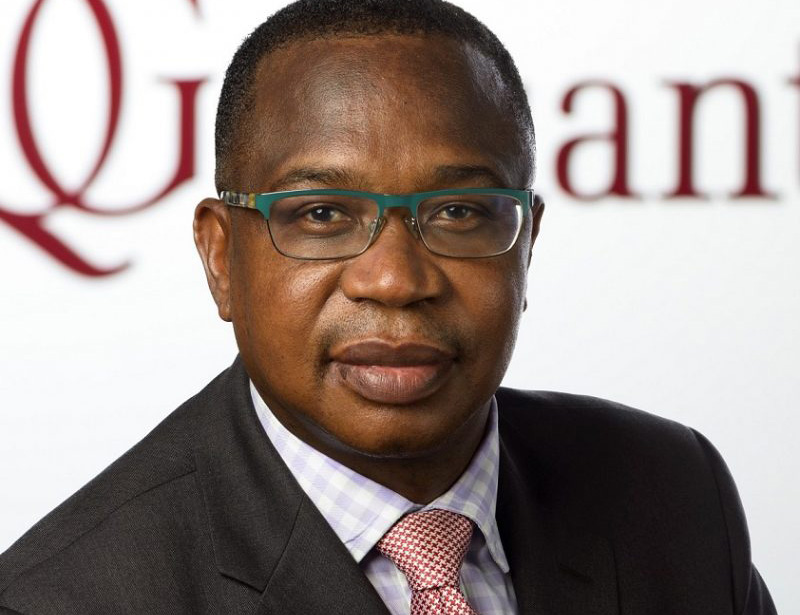
BY MTHANDAZO NYONI GOVERNMENT on Wednesday said the huge funding required by some state-owned enterprises (SOEs) earmarked for privatisation was militating against reform plans.
In 2018 Finance and Economic Development minister Mthuli Ncube announced far-reaching changes on the ownership of parastatals as he proposed to wean them off reliance on state handouts.
Most parastatals have been making losses, amid reports of endemic corruption, which the government has struggled to combat.
Responding to questions from delegates who attended the inaugural Zimbabwe Annual Investor Forum in Harare, permanent secretary in the Office of the President and Cabinet responsible for State Enterprises Reforms, Corporate Governance and Procurement Willard Manungo said resources required for reforms were quite large.
The conference was held by the Zimbabwe Independent in partnership with PiggyBankAdvisor, a local investment advisory firm.
A 2018 survey by the government said state firms required US$8 billion for reca
“The major challenge is given the resource requirements and the status of some of the entities and what they require (to turnaround), that has been a major challenge,” he said.
“Interventions have therefore been targeted at ensuring that you enhance the visibility of the entities so that they are identifiable as potential partners.”
- Chamisa under fire over US$120K donation
- Mavhunga puts DeMbare into Chibuku quarterfinals
- Pension funds bet on Cabora Bassa oilfields
- Councils defy govt fire tender directive
Keep Reading
“Then (we have) the magnitude of the financial requirements, which have also been quite large,” he added.
“But we have begun to make notable progress in terms of overcoming some of these challenges,” he said.
Manungo said public entities used to contribute about 40% of gross domestic product (GDP) but “if one looks at the current numbers, we are way down and some estimates have indicated that they actually contribute less than 10% of GDP, hence, the urgency of the parastatal reform agenda to ensure that they contribute in terms of production, delivery of services, contribution in terms of enabling all other sectors of the economy to perform and a lot of investment has begun,” he added.
Manungo said the National Development Strategy-1, which ends in 2025, should see parastatals contributing 40% of GDP again.
Currently, there are 109 public entities, with a footprint in agriculture, mining, transport, energy, manufacturing, tourism, water, telecommunication and financial services.
Manungo said most SOEs did not generate adequate retained earnings to fund meaningful investments to enable them to expand and produce competitively.
“Retained earnings can be a significant source of financing only when entities are profitable enough. Therefore, in the Zimbabwean situation, there is a need for external sources of financing in the form of injection of new capital through partnerships with investors,” he said.
“Faced with such a huge SOEs capital demand, the government had to be innovative and think outside the box by embracing alternative financing mechanisms that were successfully implemented in other countries like China.
“These included new equity injection from investors facilitated by privatisation strategies, mergers and other PPP arrangements,” Manungo added.
In 2018, the government embraced partial privatisation of 11 commercial SOEs as a recapitalisation strategy.
Manungo said the privatisation of identified SOEs was now at various stages of implementation.
“Therefore, the SOEs reform strategies being pursued by the government present investment opportunities to investors for equity partnership, contracting of shareholder loans and implementation of various public private partnerships financing models,” he said.
Furthermore, he said investors to be engaged by the government in SOEs through privatisation would also be given opportunities to extend loans and improve their production capacities.
Manungo said the government has tightened the remuneration framework of parastatals so that more money would be channelled towards investment.
“The Cabinet came up with a 30/70 rule where if you have got an entity, the entity is not created to provide remuneration for those that are in its employment. So, 70% of revenue that a parastatal earns is now required to be directed and targeted towards the basis for which it has been created and only no more than 30% being left for employment,” he said.
“So that’s a key reform that has been put in place to try and ensure that we plug some of the leakages that undermine the capacity of the various parastatals that we have to be able to provide necessary resources for partnership in terms of investment; investment with locals and investment with those that come from beyond our borders.”
Manungo said the adoption of privatisation presents an opportunity for the government to recapitalise SOEs through injection of fresh equity capital from investors.
He said the government already has experience and success stories of implementing privatisation programmes since the 1990s.
“The notable entities which emerged from successful implementation of privatisation programmes include Dairibord Zimbabwe, CBZ and Zimre, among others,” he said.






